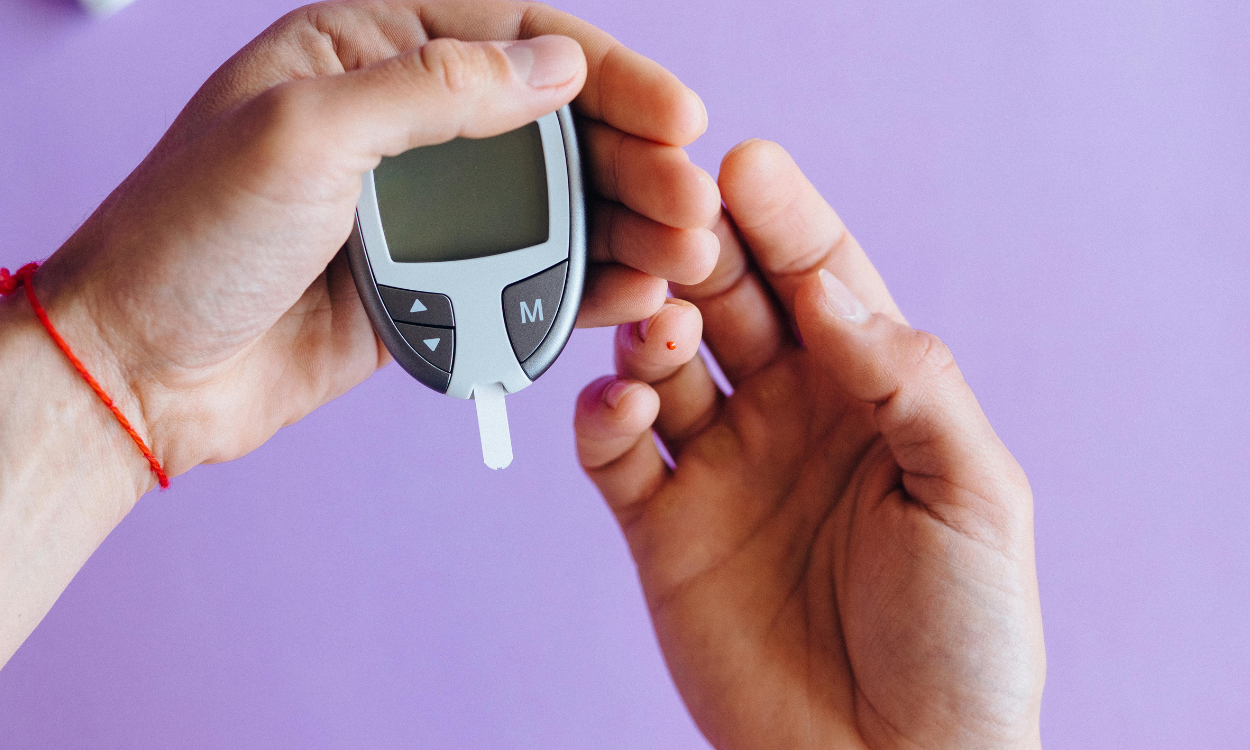Breaking the Silence: Coping with Depression
Depression is a pervasive and often misunderstood mental health condition that affects millions of people worldwide. Despite its prevalence, there remains a stigma surrounding the topic, causing many to suffer in silence. “Breaking the Silence: Coping with Depression” is not just a slogan; it’s a call to action for individuals, communities, and society as a whole to address the challenges associated with depression and to find ways to cope and heal.
Table of Contents
Understanding Depression
Before delving into coping mechanisms, it’s essential to understand what depression is. Depression is more than just feeling sad or going through a rough patch. It’s a complex mental health disorder characterized by persistent feelings of sadness, hopelessness, and a lack of interest or pleasure in activities once enjoyed. These symptoms can be severe enough to interfere with daily life, including work, relationships, and overall well-being.
“Breaking the Silence: Coping with Depression” begins with acknowledging that depression is a medical condition, not a personal weakness or something that one can simply “snap out of.” Recognizing the symptoms and understanding that seeking help is a sign of strength, not weakness, is the first step toward healing.

The Importance of Breaking the Silence
One of the most significant barriers to coping with depression is the stigma that surrounds it. Many people feel ashamed or embarrassed to admit that they are struggling, fearing judgment or rejection from others. This silence can be deadly, as untreated depression can lead to worsening symptoms, including suicidal thoughts.
“Breaking the Silence: Coping with Depression” involves creating an environment where individuals feel safe to express their struggles without fear of judgment. This can be achieved through education, open conversations, and promoting mental health awareness. When people talk openly about their experiences with depression, it not only helps them but also encourages others to seek help and reduces the stigma surrounding mental health.
Coping Strategies for Depression
Coping with depression is a multifaceted process that requires a combination of approaches tailored to the individual. While professional help is often necessary, there are several strategies that can be employed to manage the symptoms of depression.
- Seek Professional Help “Breaking the Silence: Coping with Depression” emphasizes the importance of seeking professional help. Therapists, psychologists, and psychiatrists are trained to help individuals understand their condition and develop effective coping strategies. Cognitive-behavioral therapy (CBT), for example, is a common treatment that helps individuals identify and change negative thought patterns that contribute to depression. Medication may also be prescribed to help balance chemicals in the brain that affect mood and emotions. It’s important to remember that seeking help from a professional is a critical step in managing depression and is nothing to be ashamed of.
- Build a Support System Depression can make individuals feel isolated and alone. Building a strong support system of friends, family, and mental health professionals is crucial. “Breaking the Silence: Coping with Depression” encourages individuals to reach out to those they trust and let them know what they are going through. Sometimes, just having someone to talk to can make a significant difference. Support groups, both in-person and online, can also provide a sense of community and understanding. Connecting with others who are experiencing similar challenges can offer comfort and reduce feelings of isolation.
- Engage in Physical Activity Physical activity is a powerful tool in coping with depression. Exercise releases endorphins, which are natural mood lifters. Even something as simple as a daily walk can have a positive impact on mood and overall mental health. “Breaking the Silence: Coping with Depression” includes advocating for regular physical activity as part of a comprehensive approach to managing depression. Engaging in activities that bring joy and satisfaction, whether it’s gardening, swimming, or dancing, can also help counteract the feelings of hopelessness that often accompany depression.
- Practice Mindfulness and Relaxation Techniques Mindfulness and relaxation techniques, such as meditation, deep breathing, and yoga, can help individuals cope with depression by reducing stress and promoting a sense of calm. “Breaking the Silence: Coping with Depression” highlights the importance of integrating these practices into daily life to help manage symptoms. Mindfulness encourages individuals to focus on the present moment, reducing the tendency to dwell on negative thoughts. This shift in focus can be particularly helpful for those struggling with depressive thoughts.
- Establish a Routine Depression can disrupt daily routines, making it challenging to maintain a sense of normalcy. Establishing a routine can provide structure and a sense of purpose, which are essential in coping with depression. “Breaking the Silence: Coping with Depression” suggests creating a daily schedule that includes time for self-care, work, physical activity, and social interaction. Even small tasks, such as making the bed or preparing a healthy meal, can contribute to a sense of accomplishment and help counteract feelings of worthlessness.
- Challenge Negative Thoughts Depression often brings about a barrage of negative thoughts, such as feelings of worthlessness or hopelessness. Challenging these thoughts is a crucial aspect of coping with depression. “Breaking the Silence: Coping with Depression” encourages individuals to recognize these negative thoughts and replace them with more balanced, realistic ones. This process, often called cognitive restructuring, involves questioning the validity of negative thoughts and considering alternative, more positive perspectives. Over time, this practice can help reduce the power of negative thoughts and improve mood.
- Prioritize Self-Care Self-care is an essential component of coping with depression. This includes taking care of physical health through proper nutrition, sleep, and exercise, as well as addressing emotional and psychological needs. “Breaking the Silence: Coping with Depression” emphasizes the importance of self-care routines that nurture the mind, body, and spirit. Activities such as taking a relaxing bath, reading a favorite book, or spending time in nature can provide much-needed respite from the overwhelming feelings of depression. Prioritizing self-care is not selfish; it’s a necessary part of healing.
- Set Realistic Goals Depression can make even the simplest tasks feel insurmountable. Setting realistic, achievable goals can help individuals regain a sense of control and accomplishment. “Breaking the Silence: Coping with Depression” advocates for setting small, manageable goals that can be gradually increased as confidence and energy levels improve. Celebrating small victories, such as completing a task or reaching out for support, can help build momentum and counteract the inertia that often accompanies depression.
Conclusion
“Breaking the Silence: Coping with Depression” is more than just a guide; it’s a movement towards a more compassionate and understanding approach to mental health. By acknowledging the reality of depression, seeking professional help, building support systems, and employing various coping strategies, individuals can begin the journey towards healing.
Coping with depression is not a one-size-fits-all process; it requires patience, persistence, and the willingness to seek help and support. Remember, breaking the silence is the first step towards recovery, and no one has to face depression alone. Through collective efforts, we can create a world where coping with depression is not only possible but encouraged and supported.





